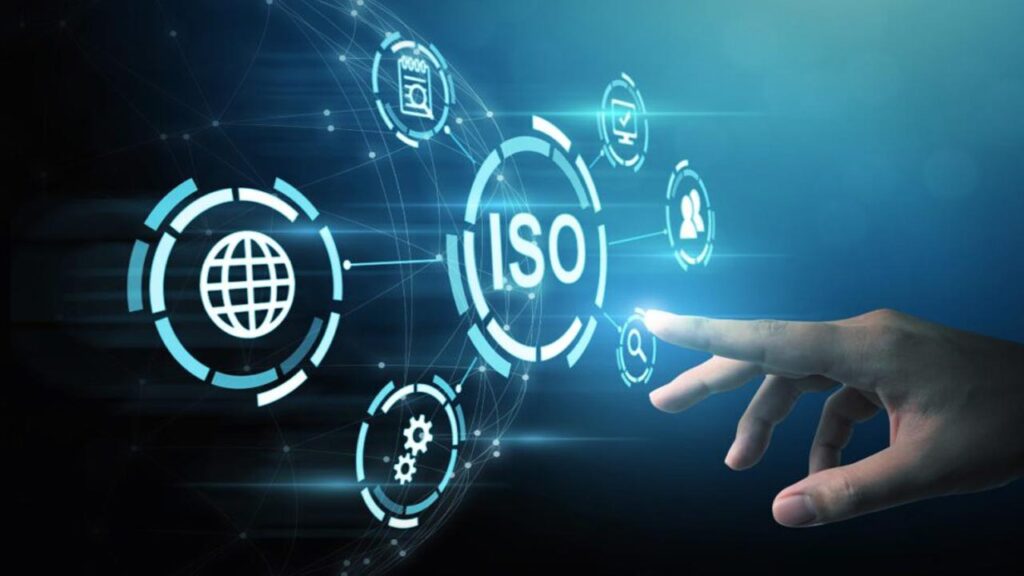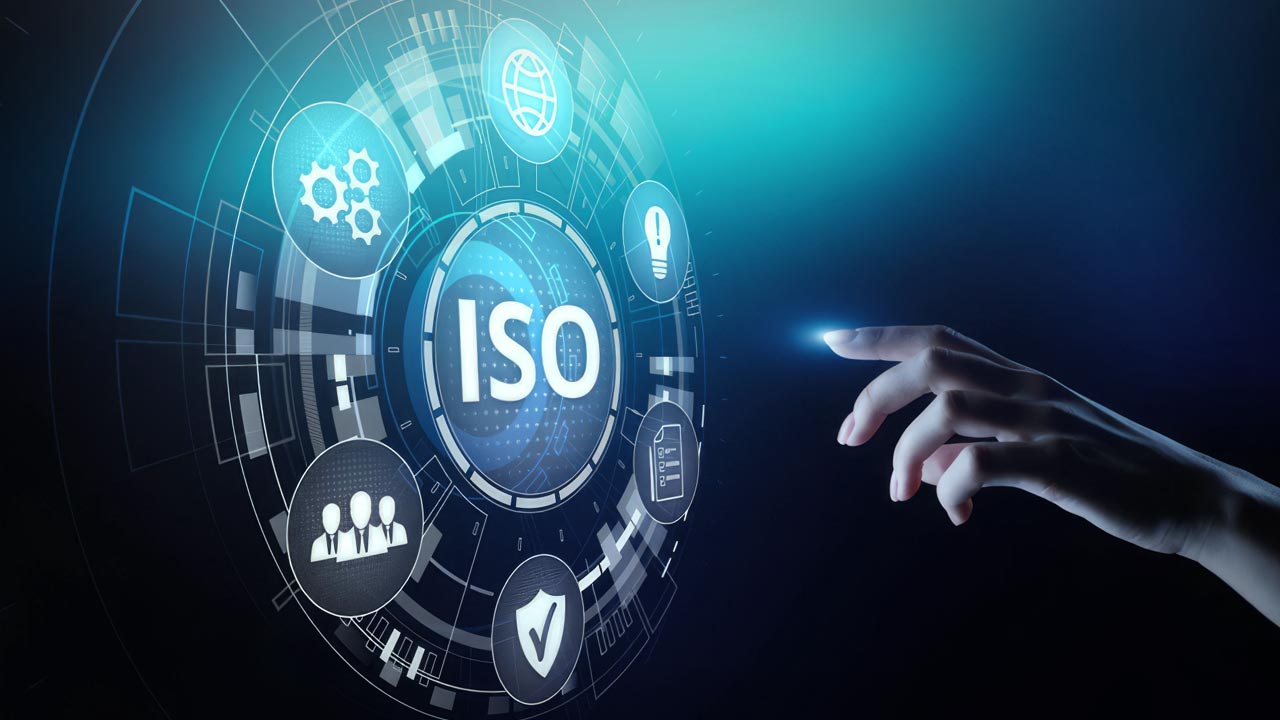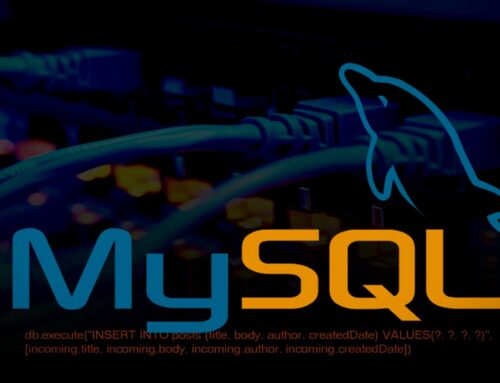The ISO 20022 messaging standard is transforming the way global businesses handle financial transactions. By 2023, it is projected to become the universal standard for high-value payments systems of all reserve currencies, supporting an impressive 80% of transaction volumes and 87% of transaction value globally. This comprehensive article will delve into how ISO 20022’s rich data capabilities and standardized procedures will revolutionize business operations and financial transactions. We’ll explore the key milestones in its implementation, the challenges and benefits associated with the transition, and the overarching impact this innovative standard will have on global businesses.
How Will ISO 20022 Change Business As We Know It?
Table of Contents
- ISO 20022 and Its Current Progress
- Challenges and Benefits of Migrating to ISO 20022
- Impact of ISO 20022 on Businesses
- Frequently Asked Questions
- Final Thoughts
- Sources
ISO 20022 and Its Current Progress
ISO 20022 is an international standard for electronic data interchange between financial institutions. It describes a metadata repository containing descriptions of messages and business processes, and a maintenance process for the repository content. It was developed by the International Organization for Standardization (ISO) and is widely used for payments, securities, trade services, cards, and foreign exchange. ISO 20022 aims to provide a universal standard for high-quality data to enable interoperable and straightforward communication across different systems and geographies.
Importance and Benefits of ISO 20022
ISO 20022 is highly important in modern finance due to several reasons:
- Standardization: ISO 20022 provides a common platform for the development of messages, using a modelling methodology (UML) that gives a consistent process to capture and document in detail all the business processes involved.
- Richer Data: The adoption of ISO 20022 allows for the communication of richer, structured, and more meaningful data through the payment chain. This rich and structured data can support better compliance, reduced risk, and enhanced customer service.
- Interoperability: ISO 20022 supports various types of communication networks, both public and private. This versatility facilitates the integration of both local and global payment systems.
- Flexibility: ISO 20022 has a flexible and adaptive design which allows it to be updated as markets change, supporting new business needs as they arise.
Current Progress of ISO 20022
Many financial institutions, market infrastructures, and even entire countries had either completed the transition or were in the process of migrating to ISO 20022. The shift was seen most notably in the payments area, including high-value payments and instant payment systems.
However, the path to full implementation was not without its challenges. Institutions needed to ensure systems and processes were compliant with the new standard, necessitating significant investments in infrastructure updates and testing.
ISO 20022 represents a significant step towards a unified and efficient global financial communications standard. It is beneficial to all financial industry stakeholders, offering more accurate data, cost savings, and more efficient business processes. The adoption of ISO 20022 is ongoing, and it was expected to become the de facto standard for high-value payment systems globally.

Challenges and Benefits of Migrating to ISO 20022
ISO 20022 is a messaging standard for electronic data interchange between financial institutions. It represents a step towards a unified, global language for financial communications. Migration to ISO 20022 can provide several benefits, but it also presents a range of challenges that institutions must overcome.
Benefits of Migrating to ISO 20022
Migrating to ISO 20022 offers a range of benefits for financial institutions:
- Improved Data Quality: ISO 20022 uses a structured data format that can lead to improved data quality, resulting in fewer transaction errors and reduced manual intervention.
- Operational Efficiency: The rich, detailed data provided by ISO 20022 can help to streamline and automate processes, increasing operational efficiency.
- Better Compliance: Enhanced data can also facilitate better regulatory compliance by providing more detailed and accurate information for reporting.
- Cost Savings: Over time, the shift to a single, common standard can lead to cost savings by reducing the need for multiple message formats and simplifying systems.
- Increased Interoperability: ISO 20022 supports communication across different networks, aiding in the integration of local and global payment systems.
Challenges in Migrating to ISO 20022
Despite these benefits, migrating to ISO 20022 also presents several challenges:
- System Upgrades: Institutions may need to upgrade their systems to handle the rich, structured data of ISO 20022.
- Staff Training: Staff will need to be trained on the new formats and standards associated with ISO 20022.
- Coexistence with Legacy Systems: As ISO 20022 is gradually phased in, institutions will need to maintain their legacy systems alongside the new standard, adding complexity and potential confusion.
- Costs: The costs of implementing ISO 20022 can be significant, including the cost of system upgrades, staff training, and managing the transition.
- Coordination with Partners: Financial institutions will need to coordinate their migration plans with their partners, adding another layer of complexity to the process.
While the migration to ISO 20022 can bring about several benefits, such as improved data quality and operational efficiency, it also comes with several challenges that financial institutions must overcome. These include the need for system upgrades, staff training, and managing the coexistence with legacy systems. Despite these challenges, the migration to ISO 20022 represents an important step forward for the financial industry, moving towards greater standardization and interoperability.
Impact of ISO 20022 on Businesses
ISO 20022 is a universal standard for financial messaging, developed by the International Organization for Standardization. Its structured, detailed, and flexible format facilitates more effective communication between financial institutions, thereby impacting businesses that engage in financial transactions. The impact of ISO 20022 can be both positive and challenging for businesses.
Positive Impact of ISO 20022 on Businesses
Adopting ISO 20022 can bring several positive impacts for businesses:
- Improved Efficiency: By standardizing payment messaging, businesses can streamline their payment processes, reduce manual intervention, and increase operational efficiency.
- Enhanced Transparency: The rich data provided by ISO 20022 messages enables greater transparency in transactions, which can be beneficial for tracking and auditing purposes.
- Better Compliance: Businesses can better meet regulatory reporting requirements due to the comprehensive and structured data provided by ISO 20022.
- Increased Interoperability: ISO 20022 facilitates seamless communication between different financial systems, both domestic and international, which can benefit businesses with cross-border operations.
Potential Challenges of ISO 20022 for Businesses
Despite its benefits, ISO 20022 implementation can also pose challenges for businesses:
- Infrastructure Updates: Businesses may need to update their systems to support ISO 20022 messaging, which could require significant investment.
- Staff Training: There might be a need for training staff on understanding and using the new data-rich format.
- Transition Phase: During the transition period, businesses may have to work with both the new ISO 20022 and old legacy messaging formats simultaneously, which can lead to complexities.
- Coordination with Financial Partners: Businesses will need to ensure their banking partners, clients, and vendors are also transitioning to ISO 20022, to ensure seamless communication.
ISO 20022, as a universal financial messaging standard, brings a number of significant advantages for businesses, such as improved efficiency and enhanced transparency. However, it also requires careful planning and investment to overcome challenges associated with infrastructure updates, staff training, and coordination with financial partners. Despite these challenges, the adoption of ISO 20022 can provide long-term strategic benefits for businesses, particularly those involved in global operations.
Frequently Asked Questions
Final Thoughts
ISO 20022 is undeniably shaping the future of business and financial transactions on a global scale. Its rich data capabilities and standardized procedures are expected to drive operational efficiencies, facilitate seamless international communication, and deliver enhanced customer experiences. While the transition may come with challenges, the benefits far outweigh them, transforming not only the banking sector but also how businesses operate. The most significant takeaway from this transformation is the rise of a new global language for financial transactions, one that is poised to foster greater transparency, interoperability, and efficiency in our increasingly digitized world.









Leave A Comment